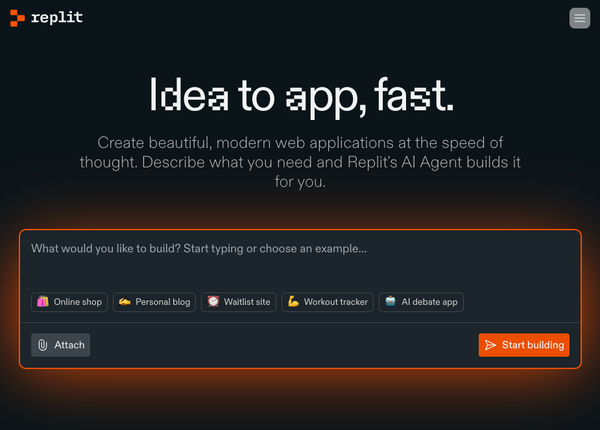Types of Mobile Testing: How to Choose The Right For You
Table of Content
Anyone who designs mobile apps understands that picking the correct mobile app testing is crucial. With the ubiquity and intricacy of mobile applications growing at a rapid pace, you must ensure that your app functions as intended across a variety of device types, OS, and browsers.
Mobile app development companies that provide mobile testing services help boost the effectiveness of these applications. Mobile testing is not a simple action but a technique of iterative phrases that modify the application according to customer needs.
We'll go through several forms of mobile testing in this post, as well as the aims and advantages of each one.
Types of Mobile Testing and Its Advantages
Functional Testing
Functional testing aims to guarantee that the program is working correctly. The bulk of available testing processes address aspects that contribute to the software's functionality and its principal goal.
It demonstrates that the:
● The features are up to par with expectations.
● Apps have a high level of responsiveness.
● Apps are capable of properly running and installing.
Testing for Usability
Usability testing also called user experience testing, determines how user-friendly an app is in terms of simplicity of use and intuitiveness. Ideally, it should concentrate on the whole app-driven customer experience, including issue detection and suggestions for steps to enhance the consumer experience both within and outside the app.
● If the team argues with a particular design, the best option is to directly question the users.
● We can identify possible problems before releasing the mobile app to the public.
● It guarantees that the front-end design is appealing and that customers can efficiently use the product.
● The chances of a product failure are lowered.
Efficiency Testing
Similarly, efficiency testing is a standard sort of mobile app testing that assesses an app's performance, stability, and responsiveness under high-stress conditions.
This testing variant's primary goal is to ensure that:
● The app and the performance objectives are perfectly aligned.
● It displays the performance issues before proceeding to the deployment step.
Testing for Compatibility
Compatibility testing is a sort of non-functional testing that ensures your mobile app is compatible with various operating systems, application software, network settings, and internal hardware specs.
Advantages:
● It aids developers in resolving challenges relating to mobile application compatibility between platforms.
● Developers can detect problems in mobile apps before they reach consumers.
● It has the potential to cut future help desk costs dramatically.
● It improves application performance across various network configurations and operating systems.
● It aids in evaluating mobile apps' usability, accessibility, and reliability.
Localization Testing
Localization testing is mandatory for mobile apps, indicating a specific geographic justification for this.
It's crucial to test the responsiveness of the mobile app:
● To a single language and its accompanying cultural features in the area in question
● Significant locations and manage the correct time zone, date, and time formats.
Manual Testing
Manual testing is a mobile app test that relies on human judgment to assess software systems' functions properly.
Advantages:
● It allows us to more efficiently examine the essential features of a mobile application at a cheaper short-term cost.
● Manual testing outperforms automated tests when it comes to user interface effectiveness.
● It is not required to make significant modifications to the codebase when delivering manual tests for minor updates to the mobile app.
● On mobile apps, manual tests can duplicate the user experience.
● Manual testing can assist testers in more efficiently locating exceedingly complicated testing abnormalities.
Automated Testing
Automated testing is functional when the testing phase is either too complicated for humans to do or when it is bland and time-consuming for them to do. This type of testing for mobile apps is usually done with automated testing and helps to make sure that the software is good.
Advantages:
● It reduces the risk of human mistakes during testing processes, leading to more precise error detection in the long run.
● Automated testing can help you find more bugs than manual testing can, so it's better for you.
● Automated tests can be done simultaneously, saving time and money.
How to Choose The Right Mobile Testing Service?
Testing a mobile app is a difficult phase in the development process. Instead, it serves as a road map for the application's success. There are various sorts of mobile testing for mobile applications, and each of these approaches may substantially influence a mobile app's performance and success.










